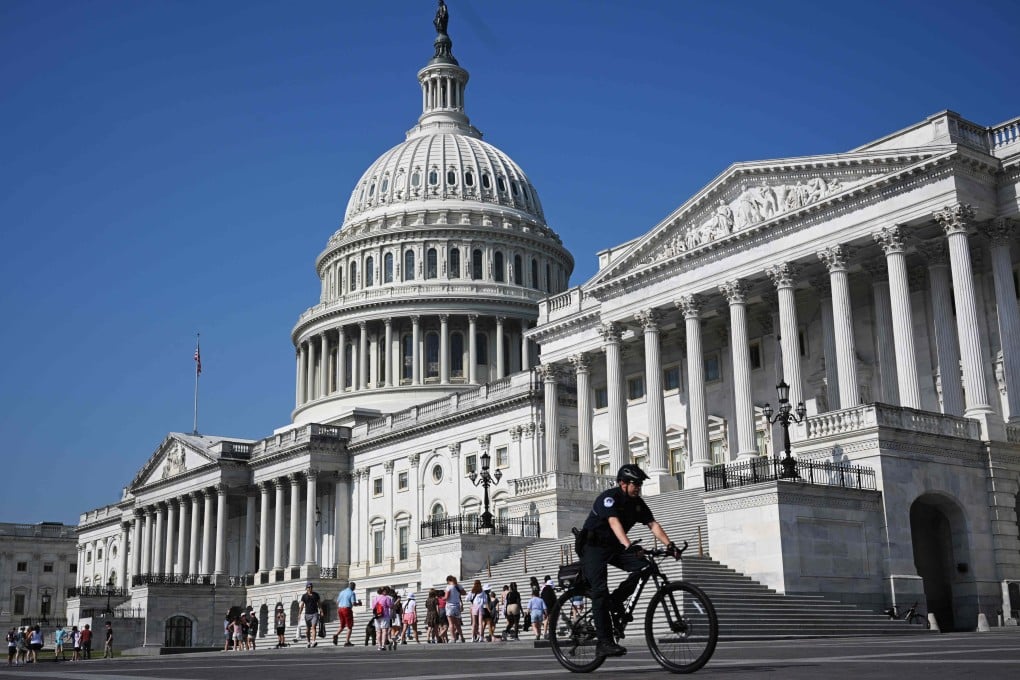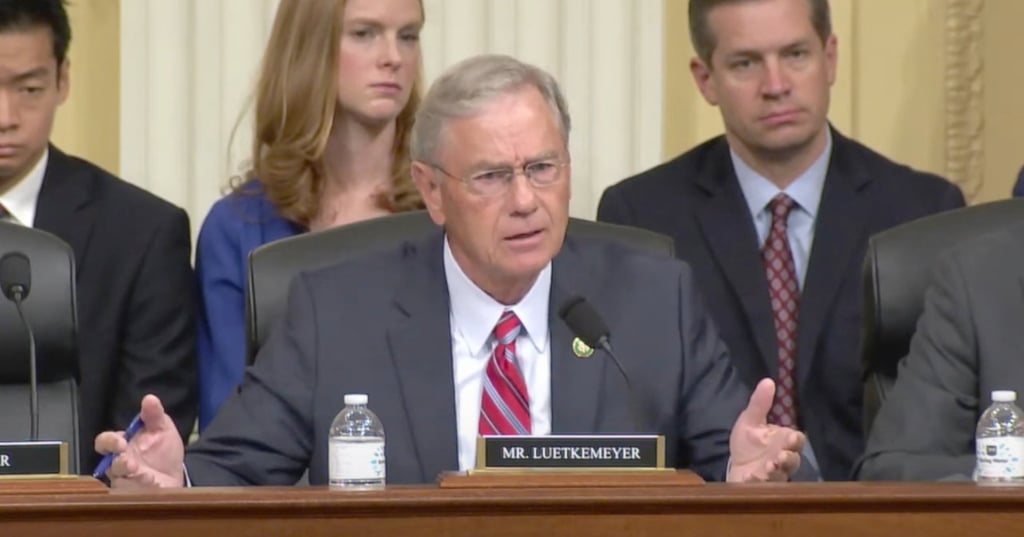Divide grows in Washington over US-China trade, as hawkish bipartisanship starts to crack
- At the latest hearing of the House select committee on China, Republicans argue for decoupling while Democrats contend the move would hurt American businesses
- ‘We’ve got to stop everything going to China; if we don’t they use everything against us,’ one panel member says

US lawmakers’ debate over how best to handle the US-China economic relationship was on full view at a congressional hearing on Thursday, with many Republicans arguing for a complete decoupling while some Democrats contended such a move would weaken American companies.
Representative Blaine Luetkemeyer, a Missouri Republican, took aim at Thea Rozman Kendler, assistant secretary of commerce for export administration, during her testimony before the House select committee on China.
Luetkemeyer suggested that approvals for exports to Chinese companies including Huawei Technologies, along with the long-running US trade deficit with China, helped Beijing “build detention camps against their own people, subsidise their industries against ours and build up their military”.
“We’ve got to stop everything going to China,” Luetkemeyer said. “If we don’t, they use everything against us, and your willingness to continue to play games with them and be a partner with them endangers us down the road.
“When they overtake us [economically], we’re done,” he added, citing a Goldman Sachs estimate that China “will finally be able to overtake the United States within the next 10 years”.

“They will be able to dictate all sorts of things to all their economic partners around the world.”